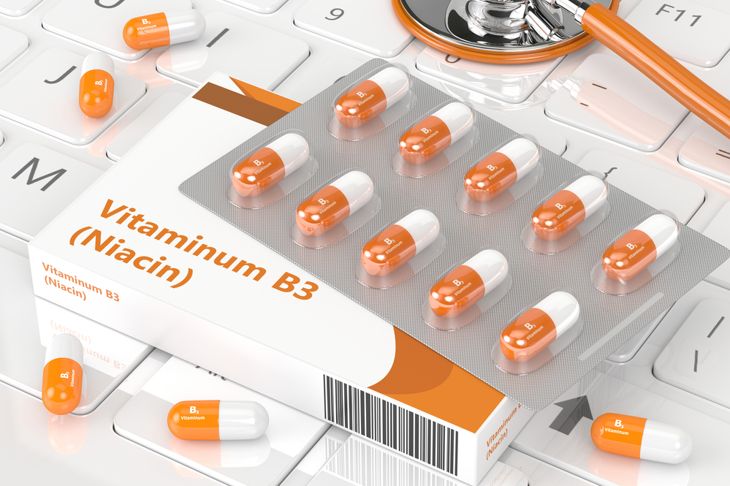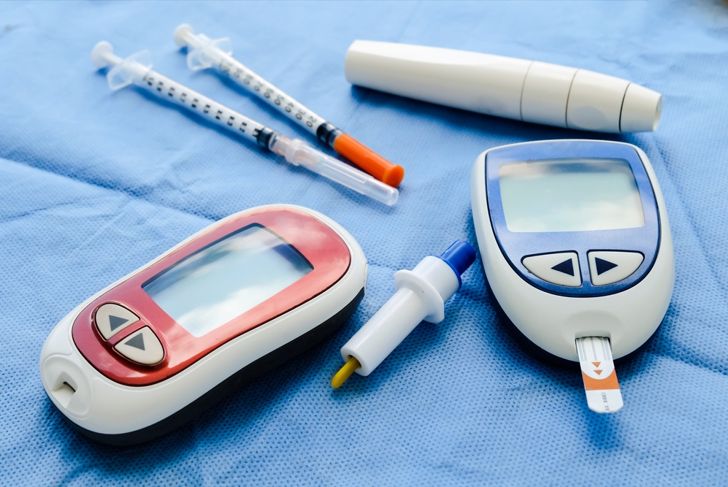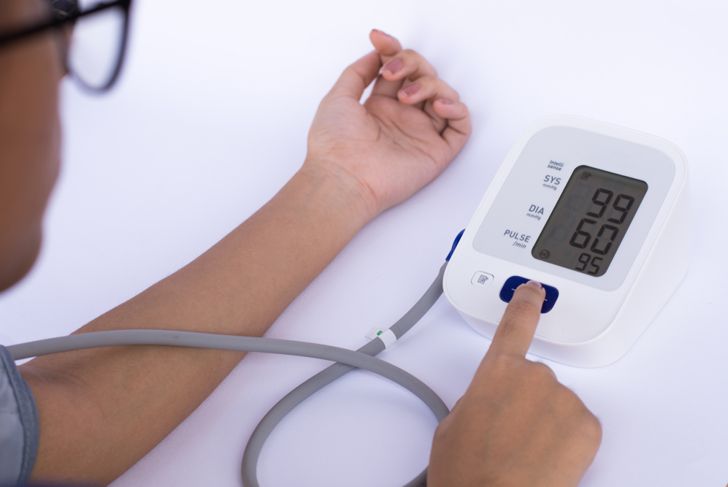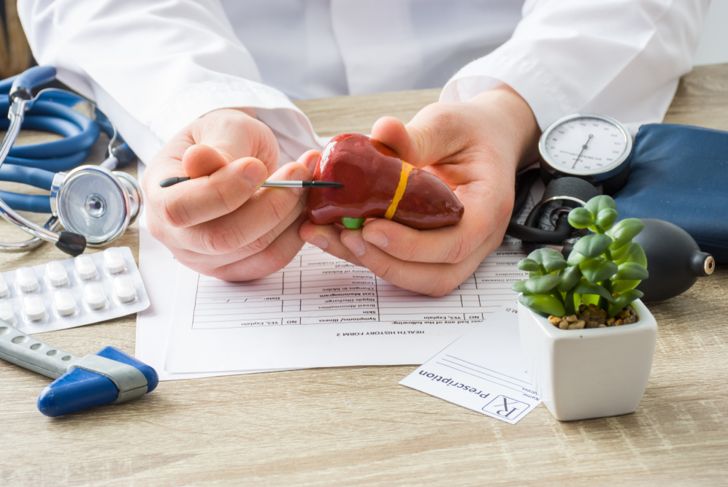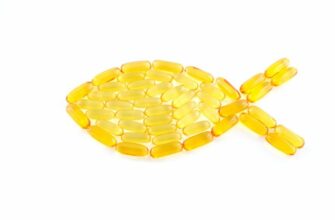Niacin or vitamin B3 is a water-soluble B-complex vitamin that helps the digestive system metabolize food and produce energy. It’s also necessary for proper function of the nervous system and contributes to skin health. Sometimes, doctors prescribe or recommend niacin to help manage cholesterol levels and reduce the risk of cardiovascular disease. Although niacin is an essential vitamin, supplements may cause unwanted side effects.
Niacin Flush
Niacin flush may be the most well-known side effect of niacin supplements. It causes the skin, especially on the face and neck, to redden and feel warm. Some people also feel burning, tingling, or itching. Flushing occurs because small capillaries in the skin become dilated, and this increases blood flow near the surface.A niacin flush usually occurs 10 to 20 minutes after consuming a large dose of the vitamin — approximately 100 milligrams or more. The sign will slowly fade away within 30 minutes to two hours. Although flushing can be uncomfortable, it’s usually not harmful.
Mild Side Effects
Many medications and supplements, including niacin, can cause nausea, vomiting, diarrhea, and heartburn, especially when taken for the first time. These side effects usually subside in a few days or weeks. Niacin supplements also have the potential to cause itchy or dry skin, headaches, sweating, chills, and insomnia. Although these side effects are normal, persistent or severe symptoms may indicate a more serious problem. Consult a doctor immediately if side effects are accompanied by abdominal pain or jaundice. This yellow tinge to the skin or whites of the eyes can indicate a more serious issue.
Vision Problems
Large doses of niacin may affect the eyes in several ways, including blurred vision, eyelash or eyebrow loss, swollen eyelids or reduced vision in one eye. A condition called cystoid macular edema (CME) may occur as well. CME is fluid build-up and swelling in the retina that can lead to cystic spaces within the eye.Most vision problems related to niacin are reversible with early intervention.
Heart Palpitations
Some doctors recommend niacin to help lower cholesterol levels and reduce the risk of cardiovascular disease, though recent studies have questioned its cardiovascular benefits. The vitamin may even be harmful in some cases. Some people experienced rapid heartbeat, heart palpitations, and irregular heart rhythms while taking niacin supplements. Research concerning niacin’s cardiovascular effects is ongoing.
Gout
Gout is a type of inflammatory arthritis that occurs when uric acid crystals build up in the joints. Niacin may inhibit an enzyme in the liver, uricase, that helps metabolize uric acid so it can be expelled through the kidneys. Slowed uric acid metabolism from this side effect can enable uric acid to build up in the bloodstream and may increase the risk of developing gout.
Rhabdomyolysis
Rhabdomyolysis occurs when muscle fibers break down and let proteins and other substances enter the bloodstream. Statin medications used to control cholesterol levels can cause rhabdomyolysis in rare cases. Mild muscle soreness is a potential side effect of statin therapy, but severe muscle pain may indicate muscle breakdown. Combination therapy of statins and niacin together can increase the risk of developing rhabdomyolysis.
Increased Bleeding Risk
Niacin may slow blood clotting and reduce platelet counts. This could increase the risk of internal bleeding or excessive bleeding after an injury. Most people taking niacin supplements alone are at very low risk of bleeding, but niacin may enhance the effects of anticoagulant medications.Anyone taking blood-thinning medications should ask a doctor before taking niacin, and some doctors may advise people to stop taking niacin supplements prior to surgical procedures.
Insulin Resistance
Although how it happens isn’t entirely clear, niacin may increase insulin resistance. Moderate to high doses may increase fasting blood sugar levels in people with no history of diabetes. Recent studies find that even low doses of niacin may interfere with blood sugar management for people with type 2 diabetes. Niacin supplements can also interact with and limit the effects of oral diabetes medications.
Hypotension
Niacin may interact with prescription medications intended to treat high blood pressure. The interaction may result in a dangerous drop in blood pressure or increase the risk of orthostatic hypotension, which is a drop in blood pressure while sitting up or standing abruptly. Symptoms of low blood pressure include dizziness, blurred vision, fainting, and confusion.
Liver Damage
Niacin may increase the risk of liver damage, especially if supplements are taken along with other medications. Statin medications are often taken with niacin to control cholesterol levels, but this combination can be toxic to the liver. Other medications that may interact with niacin include over-the-counter pain relievers, some seizure medications, and macrolide antibiotics. Alcohol can also enhance niacin toxicity in the liver.

 Home
Home Health
Health Diet & Nutrition
Diet & Nutrition Living Well
Living Well More
More





